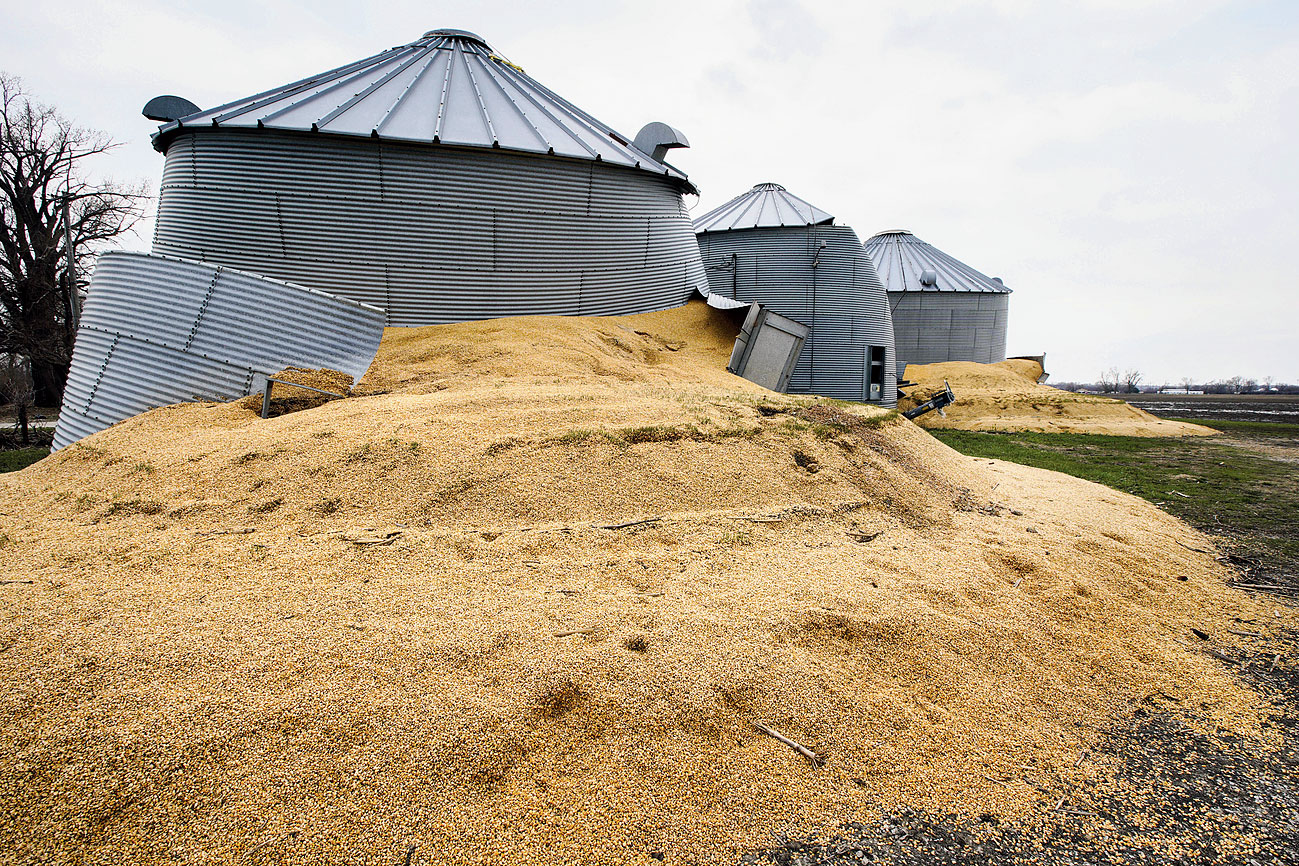The year was already shaping up to be difficult for Midwestern farmers. Incomes have slipped, farm bankruptcies have increased and widespread flooding has inundated the region, killing cattle and turning some fields into unploughable pits.
Then came Friday’s news from Washington: Trade negotiations with China, long a reliable buyer of Midwestern crops, ended without a deal. President Trump raised tariffs on $200 billion worth of imports, and the Chinese were weighing countermeasures.
The breakdown was another blow for American farmers, who just a few weeks ago thought a trade deal was imminent. They now begin another growing season with uncertainty about who will buy their crops and whether they can break even.
Though Trump pledged on Friday to help farmers — part of the coalition that put him in office — there were signs of frustration. They raised questions about his negotiating tactics. They said they were worried about what would come next given an already-struggling agricultural economy.
“Many people are just torn because people want to support the President of the United States,” said Nancy Johnson, the executive director of the North Dakota Soybean Growers Association. “But it’s very stressful to be in the middle of these very challenging negotiations. Because you’re the person who can’t take hope to the banker to get his loans for operating.”
Trump is generally popular in the rural Midwest. He carried all but two Midwestern states in 2016, won more than 90 per cent of the vote in some agrarian counties and has been praised for rolling back environmental regulations.
But Trump’s propensity for imposing tariffs has clashed with the free-trade instincts of the region’s farmers, who have watched lucrative overseas markets for soybeans and other crops shrivel. For some Midwestern Republicans in Congress, the use of tariffs has been a rare point of disagreement with President Trump.
Jolene Riessen, who farms near Ida Grove, Iowa, said she remained hopeful that a trade deal would be reached, but she said that the drawn-out negotiations had already hurt her business.
“I would just say, ‘Get something done, move ahead, get something done,’” said Riessen, 58. “The uncertainty is killer for us out here.”
Riessen said she scaled down her cattle operation, partly because of the trade war, and delayed selling some of her soybean crop from last year. She said she remains worried about making new investments in her farm.











